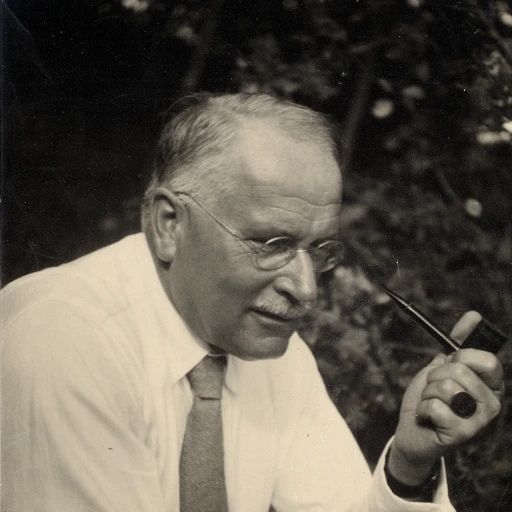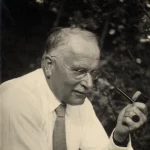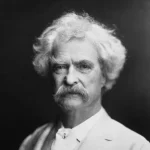“For a young person, it is almost a sin, or at least a danger, to be too preoccupied with himself; but for the ageing person, it is a duty and a necessity to devote serious attention to himself.”

- July 26, 1875 – June 6, 1961
- Born in Switzerland
- Psychiatrist and psychologist
- Founded analytical psychology and proposed the concepts of archetypes and the collective unconscious
Quote
“For a young person, it is almost a sin, or at least a danger, to be too preoccupied with himself; but for the ageing person, it is a duty and a necessity to devote serious attention to himself.”
Explanation
In this quote, Carl Jung draws a distinction between the psychological needs of youth and old age, suggesting that while young people are encouraged to look outward—toward the world and the future—older individuals should shift their focus inward, toward self-reflection and self-understanding. For the young, excessive self-preoccupation can hinder their growth, as they are still in the process of individuation, learning to navigate the world, build relationships, and explore their external potential. In contrast, for the aging person, self-reflection becomes a necessary and valuable process, one that allows them to make sense of their life, reconcile with the past, and integrate their experiences into a coherent sense of self. The shift from outward engagement to inward contemplation is not only a matter of individual growth but also an acknowledgment of the inevitability of mortality, as aging often prompts deeper questions about the meaning of life and the legacy one leaves behind.
Historically, Jung’s perspective reflects his broader view of individuation, which is a lifelong process of psychological integration. Jung believed that the first half of life is often focused on external development—achieving goals, acquiring knowledge, building careers, and forming identities in relation to the world. However, as a person enters the second half of life, the focus shifts toward inner development, as they confront the unresolved aspects of their psyche, make peace with the shadow, and come to terms with their mortality. This phase is crucial for psychological wholeness and self-realization, as it allows individuals to live more authentically and with greater wisdom, having reconciled with their past and embraced the full spectrum of their experiences.
In modern psychology, this idea is reflected in theories about life stages and aging. Psychologists like Erik Erikson have emphasized the importance of reflection and generativity in later life, where individuals look back on their accomplishments and relationships and assess their life meaning. In the field of positive aging, the notion that self-reflection becomes increasingly important as one grows older aligns with the idea that older individuals can find new purposes, passions, or ways to contribute to society, often through mentorship, legacy-building, or spirituality. The idea that aging involves a deepening of self-awareness and a shift toward inward contemplation is a cornerstone of psychological resilience and emotional fulfillment in later years. Jung’s quote highlights that while youth may be about exploring and expanding, aging offers a different path—a path of integration, where the individual gains wisdom through a lifetime of experiences and introspection.

